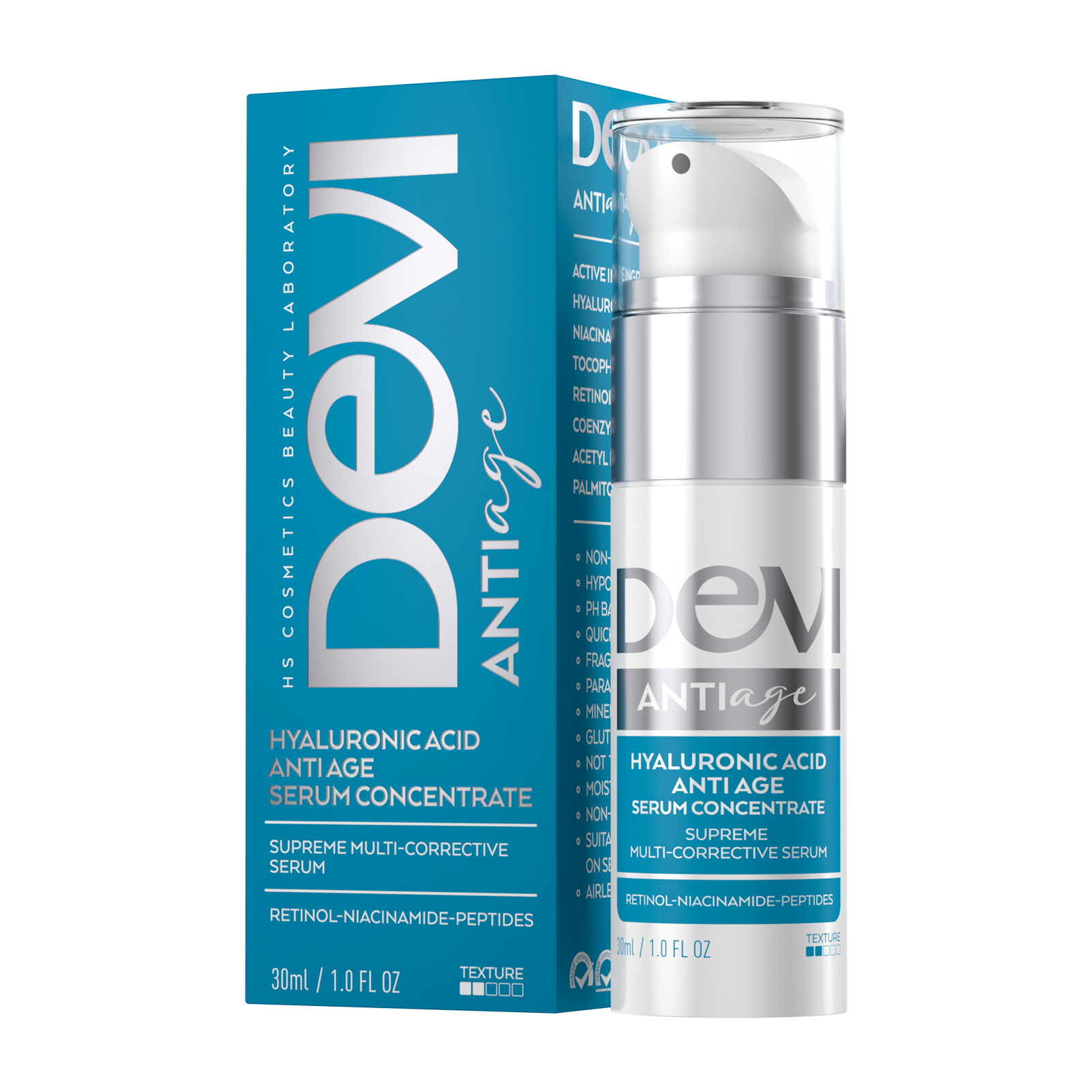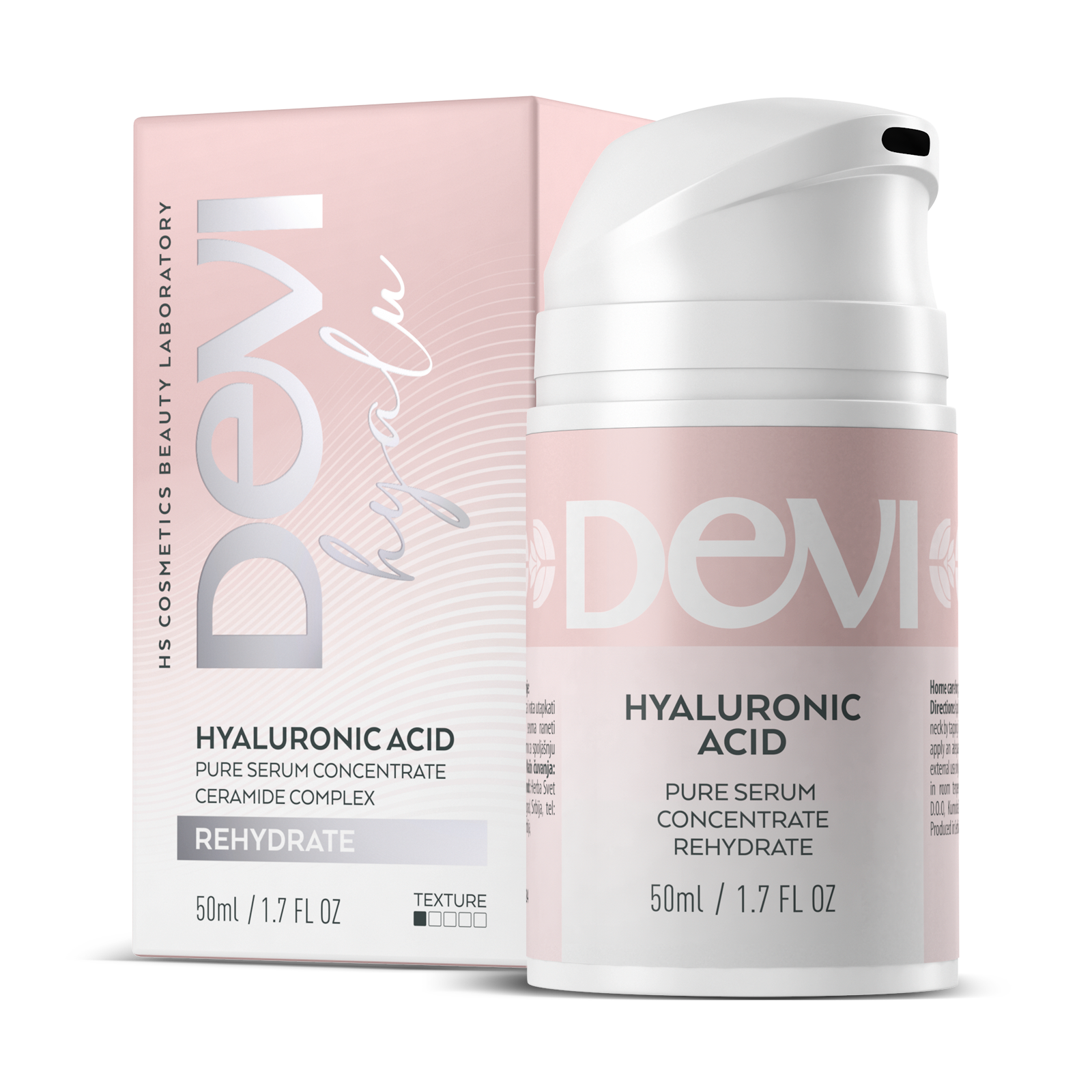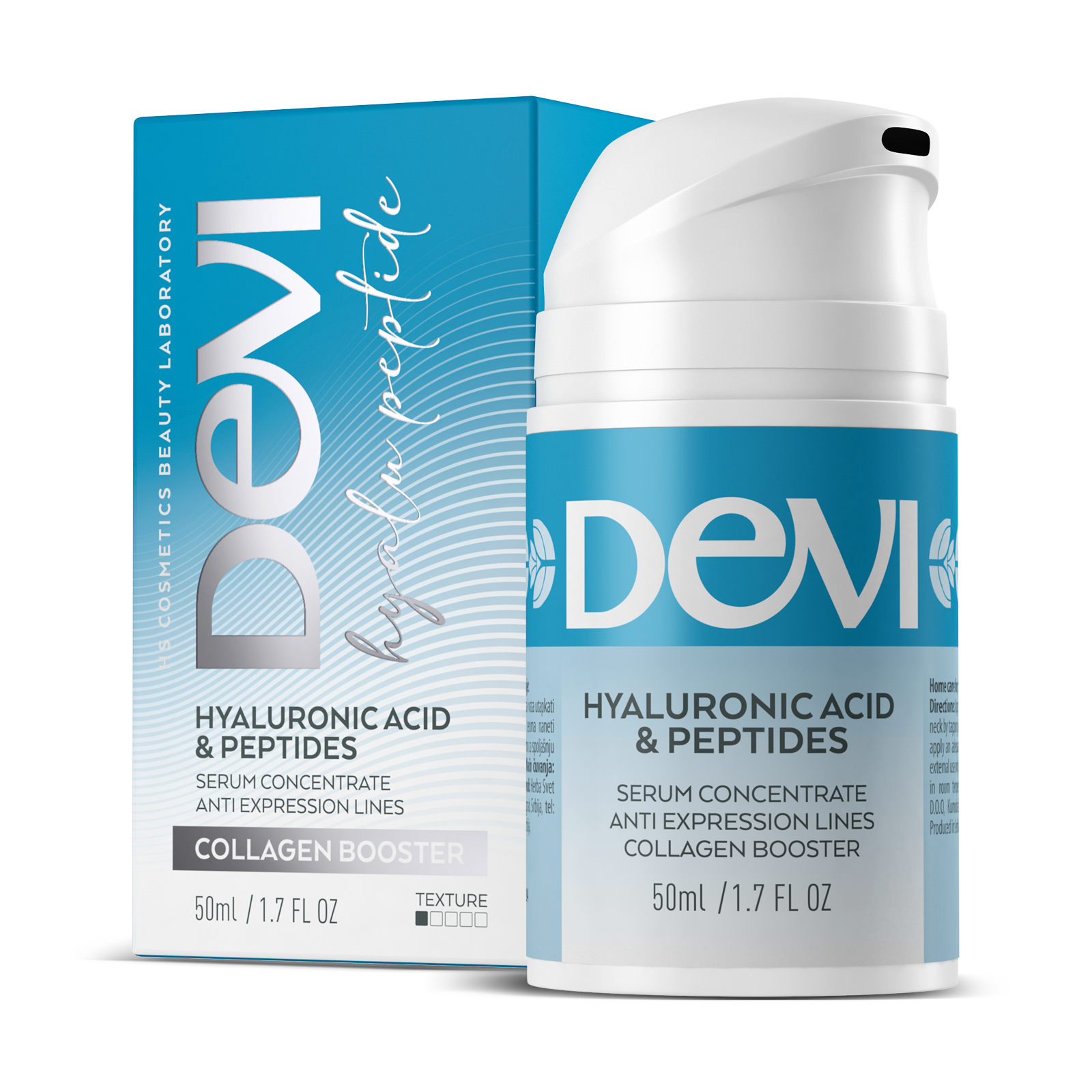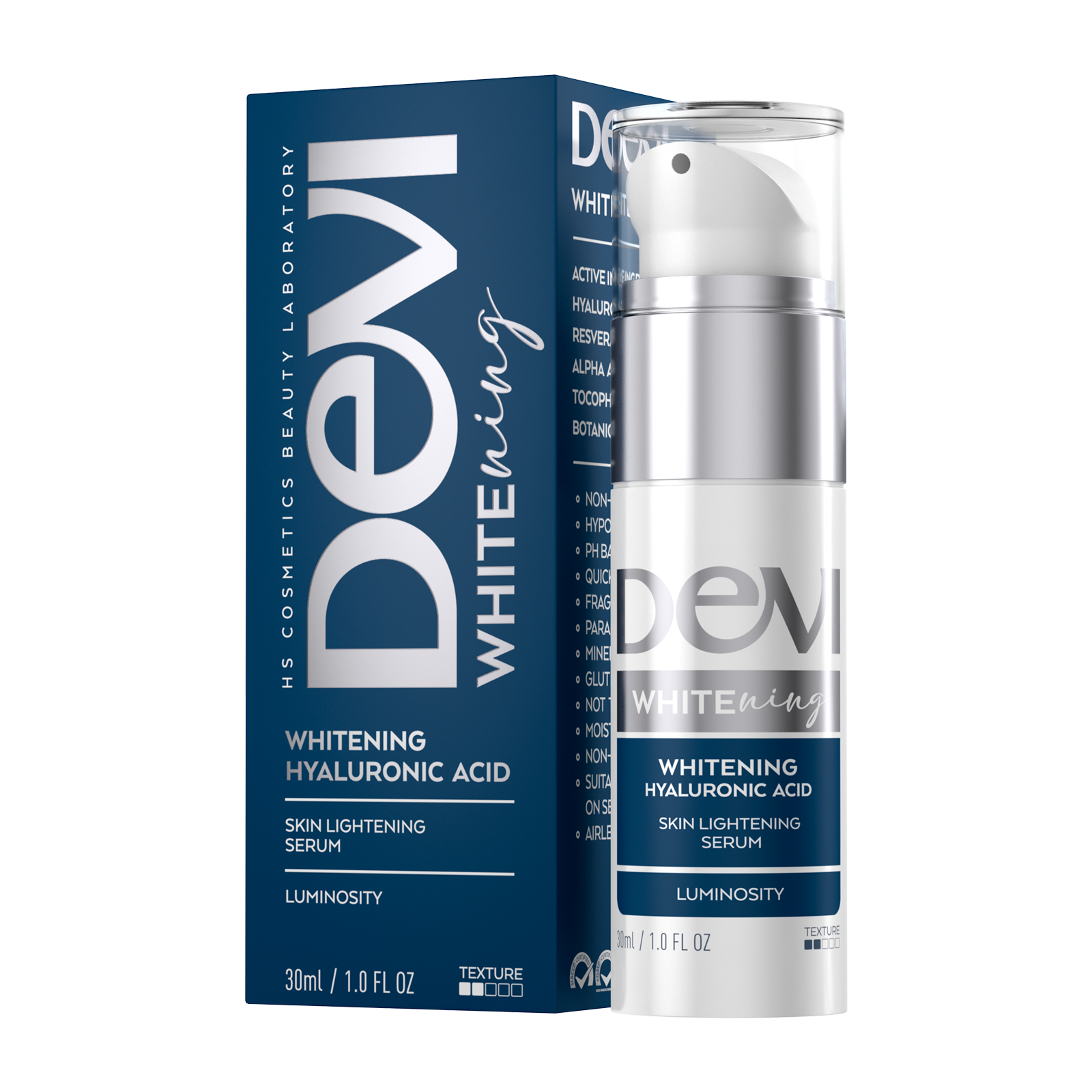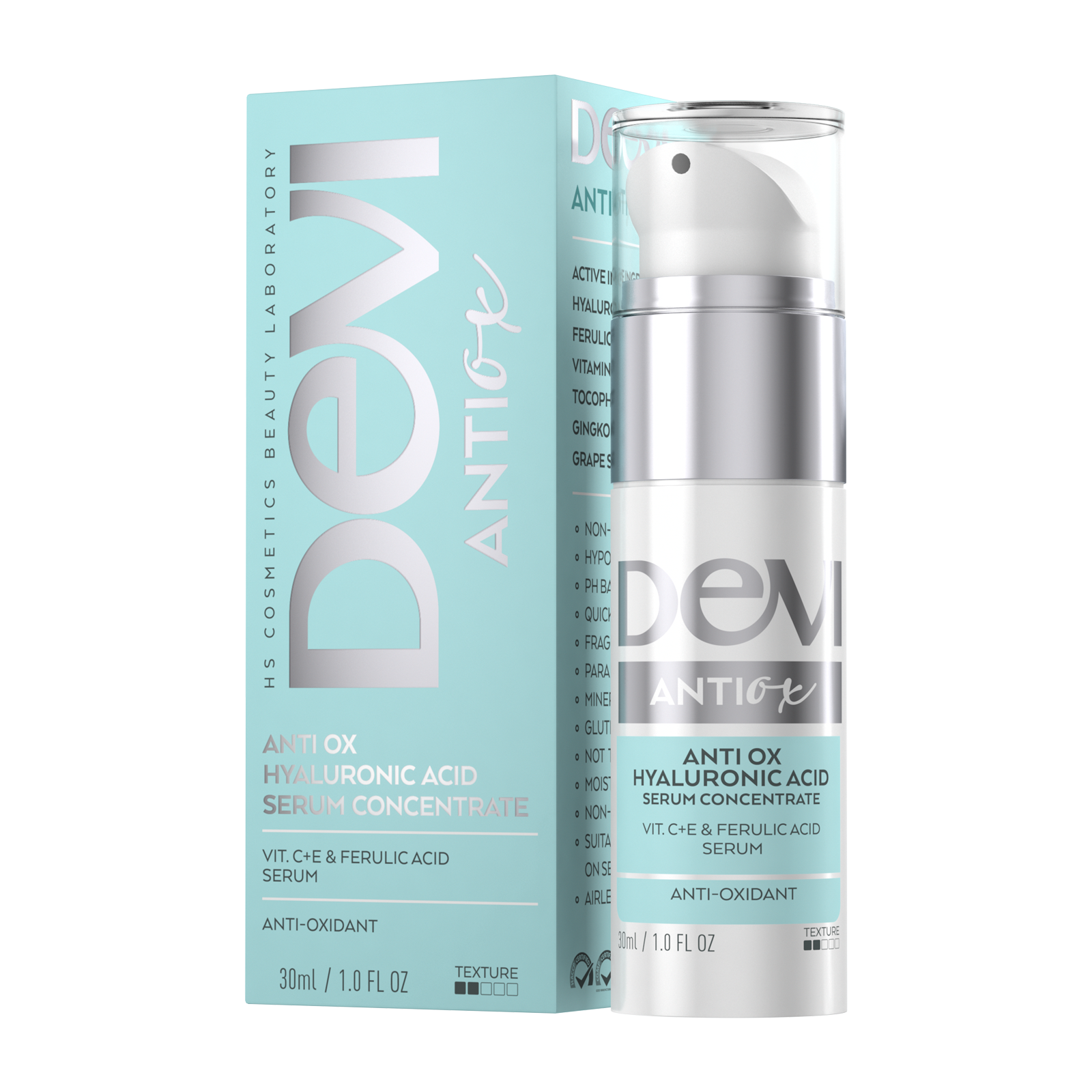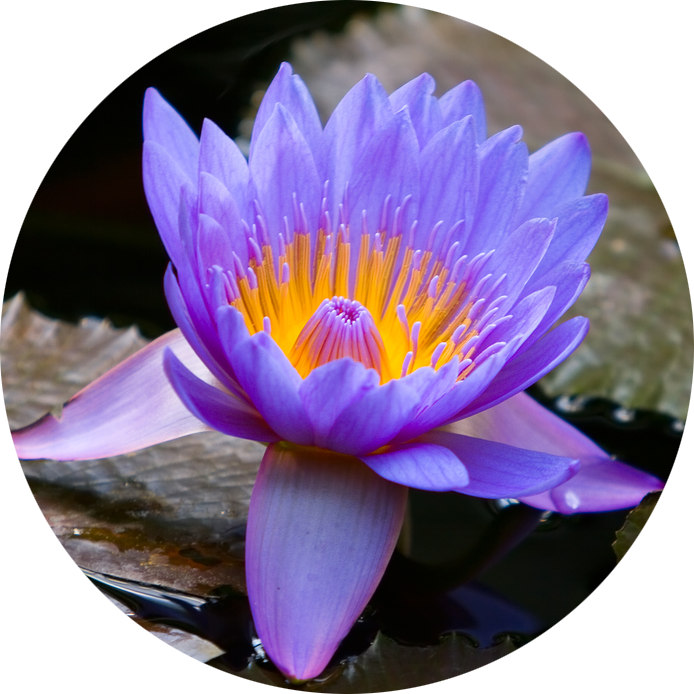(Nymphaea caerulea)
After just a quick glance we can notice that this is a plant of truly exceptional beauty. Blue lotus, also known as Egyptian lotus or the blue water lily, is a divine plant in the true sense of the word: numerous ancient Egyptian inscriptions, including those in the Karnak temple, mention it as an indispensable part of the ritual journey to the afterlife and that is why its petals cover mummies of Egyptian pharaohs. As its petals close in the evening and open with the first signs of dawn, blue lotus was a symbol of the sun and Ra, the ancient Egyptian deity of the Sun, who was believed to have emerged from a lotus flower growing in primordial waters. In the evening, when the flower begins to gather its petals, Ra himself retires to await his rebirth the next morning.
Lotus was not worshipped only by the Egyptians, it was also known to the ancient Mayans and is also mentioned in the Odyssey. In his wanderings from Troy to Ithaca, Odysseus came across the land of Lotophagi, an island where the lotus grew in abundance. As this plant has a narcotic effect, the island’s inhabitants who ate it were in a constant state of apathy and half-sleep. After Odysseus’ companions had feasted on this intoxicating plant, they lost the desire to continue their journey and search for home. Odysseus forced them back on the ship with great difficulty. According to Herodotus, a people who fed on lotuses really existed and lived in the territory of present-day Libya.
Lotus is an indispensable part of Far Eastern mythology and Buddhism: the Indian god Brahma was born from the lotus flower after which he created the universe; the Buddha is often depicted sitting on a lotus flower, a symbol of spiritual awakening, purity and fidelity. This flower is able to emerge clean and flawless from the dirtiest water. And what about its intoxicating nature? Yes, it is not just a myth from the Odyssey, blue lotus is included in the list of narcotic drugs in some countries and even banned because it contains psychotropic substances – apomorphine and nuciferine – which have an effect similar to cannabis. However, this plant has been used since ancient times as a medicine, to reduce tension, improve sleep and as a natural aphrodisiac.
MIRACULOUS PLANT
Lotus thrives in the tropical zone and needs stagnant water – a swamp, a lake or a slow-flowing river. This herbaceous plant sends its branched rhizomes into the water, roots them in the sandy bottom and floating leaves and flowers emerge from their nodes. The flower can be up to 30 cm in diameter, always turns towards the sun and closes at night. When closed, it resembles an egg. The flower consists of many petals and spiral stamens and the fruit is nutty and very long-lived – there are records of almost one thousand year old fruits that only recently started germinating. Being cognisant of all these facts, it is completely clear why this plant was such a common and valued part of religions and myths.
Blue lotus, Nymphaea caerulea, is a rare and precious plant today. Just as its flower is reborn every morning, it is considered to have the power to regenerate both our body and spirit. It is especially valued in feng shui, according to which it symbolises beauty and calmness; therefore, glass lotus figurines should be placed by the window to attract positive energy and encourage harmonious relationships in the home. The delicately scented flower has always been an essential part of aromatherapy, as it has the power to soothe, but also to enhance the mood. Its extract and oil hide some other surprises…
BLUE LOTUS SOOTHES AND PROTECTS THE SKIN
The extract and oil of this beautiful flower have a very calming effect on the skin – in addition to calming our mind. That is why it is suitable even for the most sensitive skin which is prone to irritation and redness. It can be applied to all skin types because it balances it, regulates sebum production, soothes inflammation, hydrates and contributes to its smooth texture.
As a powerful antioxidant, blue lotus protects the skin from the harmful effects of free radicals. It has this property thanks to flavonoids, of which there are as many as 74 in this plant! The most valuable of them are quercetin, myricetin and kaempferol. By protecting cells from oxidative stress, this plant not only rejuvenates the skin, but also protects it from the most serious diseases, such as melanoma. Blue lotus has been proven to have a strong inhibitory effect against harmful enzymes that participate in the breakdown of the extracellular matrix, which is the main reason for skin ageing. That is why it is considered a great ingredient in anti-ageing cosmetics.
The soothing effect and the ability to regulate sebum secretion make blue lotus a proven effective tool for treating acne. In addition to its antioxidant effect, the extract of this plant also protects us from the harmful effects of UV rays, air pollution and other negative effects that the environment may have on our skin. Blue lotus is an ideal ingredient in facial cleansing tonics, but its properties are best expressed in serums. Therefore blue lotus is an ingredient of five Devi serums produced in the Herba Svet laboratory.
Serum Anti-Age contains blue lotus oil alongside the top quality hyaluronic acid, coenzyme Q10, vitamins, peptides and nourishing oils, which synergistically promote the building of collagen, increase skin’s elasticity and rejuvenate it. Hyaluron Serum has a similar effect, as well as the serum that contains peptides and hyaluronic acid – Petpides Serum and Hyaluronic Acid. Its antioxidant properties and the ability to prevent the negative effects of UV rays, and thus photo-ageing and the formation of pigmentation, are best expressed in the Whitening Serum. All the power of antioxidants, when blue lotus is combined with ferulic acid and ginkgo extract, squalane, vitamin C, tocopherol and hyaluronic acid, is especially evident in Anti-Ox Serum. All serums are completely natural, hypoallergenic and are fully protected in air-tight modern packaging. It is not a myth, blue lotus really has the power of resurrection, purity and impeccability. And we can notice this on our own skin when using superb Devi serums.
